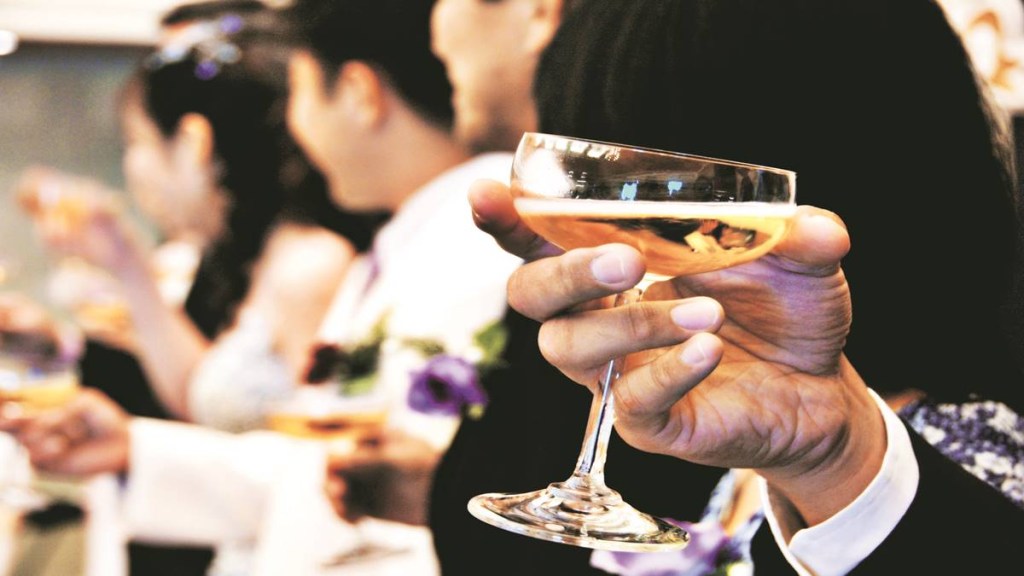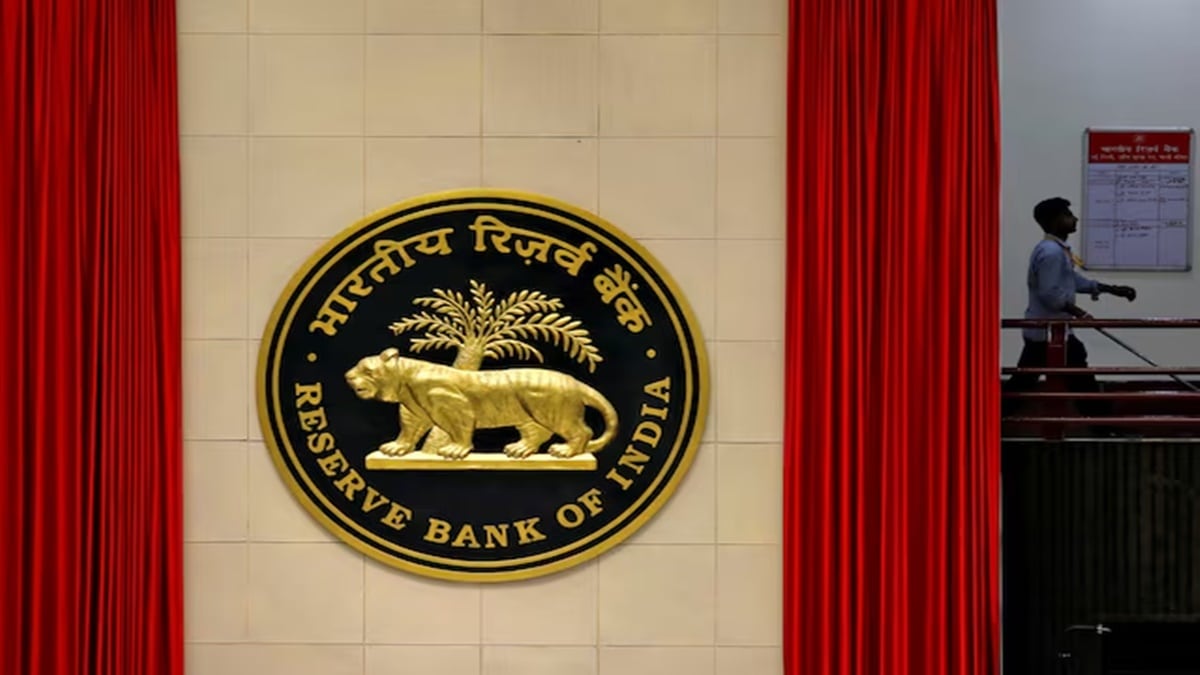When I used to regularly attend wine competitions as a judge, I thought it was a great service I was rendering to society at large. Think about it, there were people out there who couldn’t tell their Grenache from their Pinot and here we were, the ‘savants’, setting the benchmarks and the standards for how things should be. We were telling people what they should like and we didn’t even need to explain to them why—it was simply because we knew better.
Nearly two decades later, I realise just how far from the truth and how distant from reality we all were. I am not condemning awards—oh no, I love the edge-of-the-seat thrill when they announce the Oscars on stage—but it will be a few lifetimes before I ever let anybody else tell me what I should like, or, for that matter, before I allow myself to commit that same sin.
And this epiphany didn’t come to me while tasting my millionth glass of wine. Oh no, it came while sipping beer, a fairly non-descript, simpleton, country-bumpkin of a beer, if there ever was one. It’s called Bintang and it’s all the rage in Indonesia. It’s a local beer and you get the patriotic attachment, just like we have it for one brand in India.
Now, I say non-descript because a few months ago some friends brought a can of this beer back from their travels. I had requested them to bring me a local brew for my online one-minute short, snappy, no-cut-no-script reviews. I remember nearly canning this beer for its lack of distinct character, for being merely lager without aspiring to be more than just that. The mediocrity of the beer made me not give it a great review.
And now, just a few hours ago, I ordered this while sitting at an iconic restaurant in Bali and it sat perfectly well next to my Satay and Goreng dishes. In fact, it was ideal as a thirst quencher— quaffable and discreet with just the right amount of beeriness, the kind that would appeal to a novice but also had enough flavour to give the aficionado something to chew on. And it instantly made me think back as to why I hadn’t enjoyed it the last time around.
The answer was simple—tasting this beer in isolation robbed it of many factors which contributed to its success with consumers. It was a crowd-pleaser and there I was, sitting in my room alone, with a camera and a ring light, trying to figure it out. That’s when I realised why all those wine awards now meant lesser to me, not just the ones I had awarded, but especially the wines which we threw out then for lack of whatever organoleptic reasons.
Because, in their native land, with the local food, served by the people of the place who have lived there for generations, these wines worked brilliantly. It was only when they were put under a microscope for scrutiny by men (in figurative white lab coats) that they fell short of expectations. A show pony can never be a work horse and that was my lesson as I drained the last drops of Bintang from my glass.
So, my new moral is, try it for yourself. Listen to what others have to share but in the end, make up your mind for yourself. But before you take that step, account for everything that can make a difference— don’t try in isolation, instead look for the compound effect of the environment on the taste of anything. Then you will find that not only does one start understand drinks better, but drinks become a window to peer through and understand entire cultures and historic traditions too.
As for me, I have made it a point to be more careful with my one-shot reviews.
The writer is a sommelier








